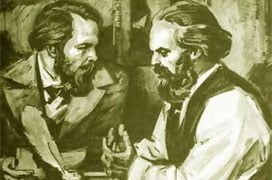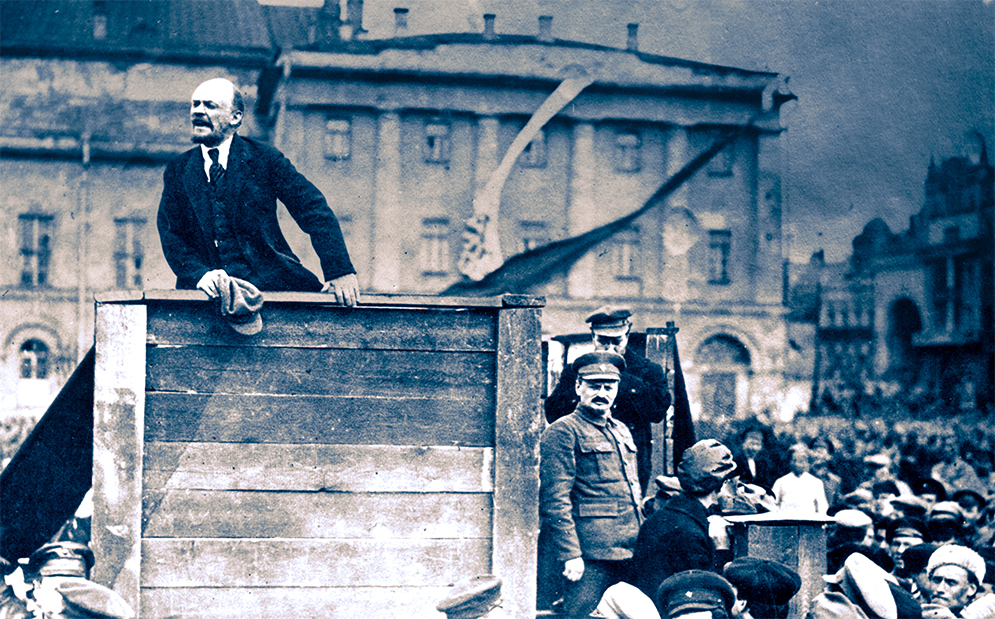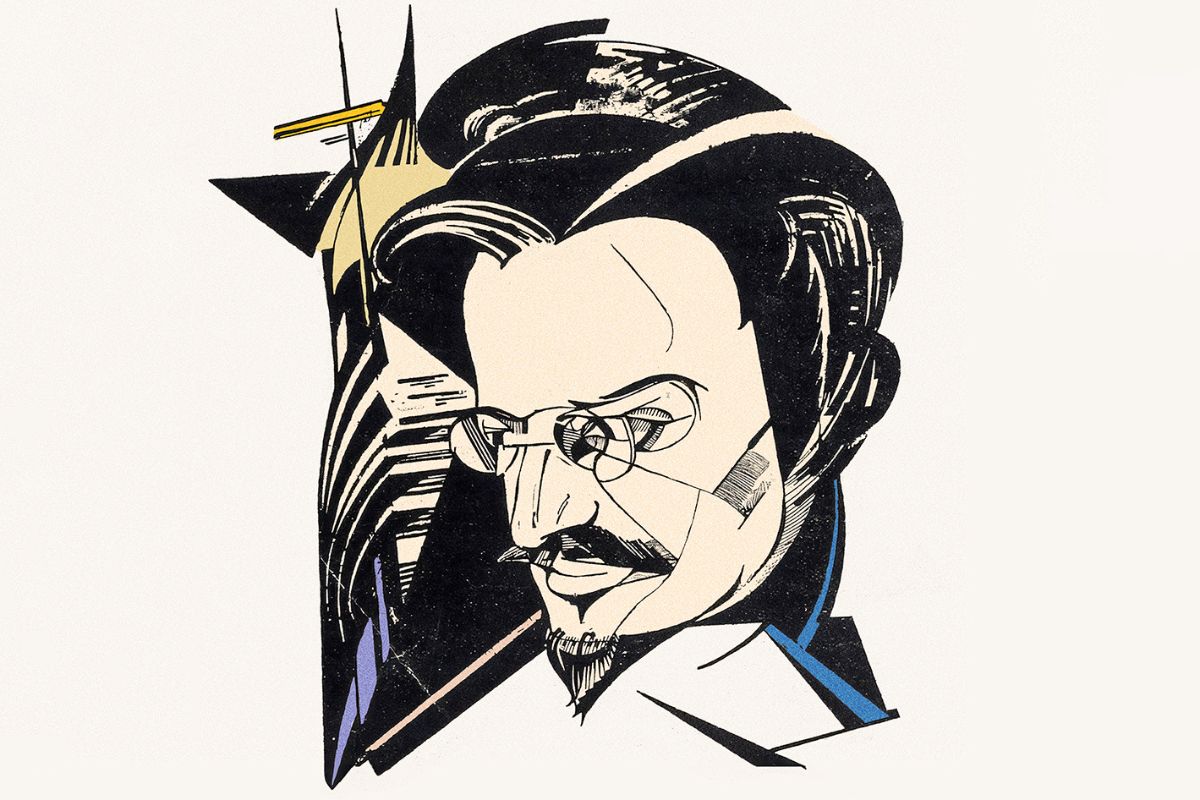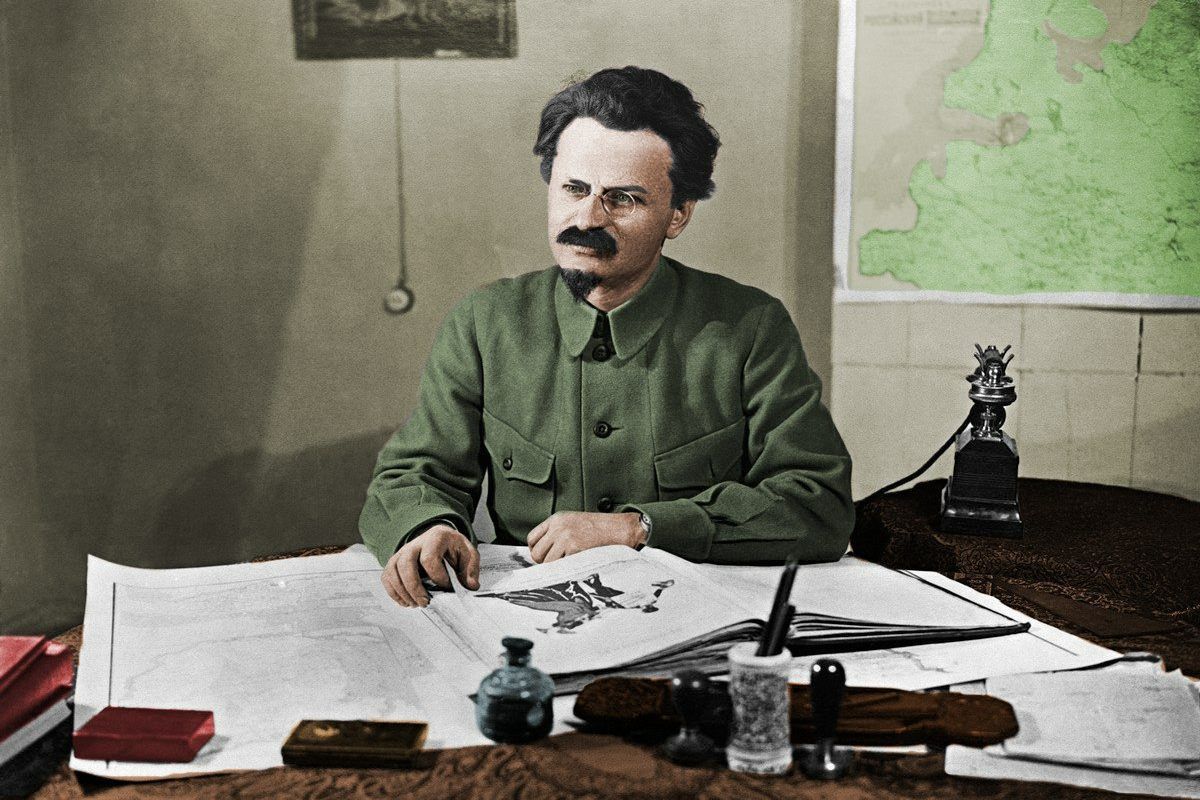‘Many strange stories have been told about Karl Marx…but
to those who knew [him] no legend is funnier than that common one which
pictures him a morose, unbending, unapproachable man, a sort of Jupiter, even
hurling thunder, never known to smile, sitting aloof and alone in Olympus. This
picture of the cheeriest, gayest soul that ever breathed, of a man brimming
over with good humour, whose hearty laugh was infectious and irresistible, of
the kindliest and most sympathetic of companions, is a standing wonder – and
amusement – to those who knew him’.
So wrote Eleanor, Marx’s youngest daughter, in A Few
Stray Notes recalling happier days in the family household. Opponents would
no doubt see things differently as Marx usually took no prisoners, and even
with acquaintances patience for Marx was not always a virtue.
Eleanor recalls how she wanted
to ‘run away to join a man-of-war’ and how Marx, or Mohr as his intimates
called him, assured her that while it was possible she ought to keep it a
secret until she could develop her plans. Mohr would read to his children:
Homer, the Niebelungen Lied, Don Quijote, and the Arabian
Nights, were favourites while Shakespeare – Marx peppered his work with apt
quotations from his plays – was part of the family’s staple
diet.
Born in 1818 into a well-to-do
Jewish family in Trier, Germany, Marx attended the
University of Bonn ostensibly to read law yet, to the hair-pulling of his
father, spent much of his time socialising and debt-ridden before transferring
to Berlin. There he met various young radicals such as Moses
Hess, and the atheist
lecturer, Bruno Bauer,
who introduced
Marx to the writings of Hegel, the university’s professor of philosophy until
his death in 1831.
During this period he fell
for an aristocrat, Jenny von Westphalen, ‘the most beautiful girl in Trier’.
They were married in 1843: Jenny’s white-knuckle ride with Karl, involving
exile, bailiffs and pawnbrokers, and a unique contribution to mankind, had
begun. She would later write: ‘the memory of the days I spent in his little
study copying his scrawled articles is among the happiest of my life’.
Marx hoped for a lectureship,
but finding university careers closed to radicals he moved into journalism and was appointed editor of
the liberal Rheinische Zeitung in October 1842, during which he
criticised Prussian absolutism and defended the freedom of the press.
After
the Prussian authorities banned the paper in January 1843, Marx moved to more
liberal pastures, Paris, to join a journal-in-exile, the Deutsche-Französische
Jahrbücher but
only one edition was published before Marx and Ruge, the founder,
fell out (many of Marx’s acquaintances were brief), but he did befriend the
Romantic poet Heine (whose weaknesses, as he saw them, he overlooked), and met
Engels. Engels showed Marx what would be his The Condition of the Working Class in England (he
later donated the book’s royalties to Marx), and established an historic and
lifelong friendship.
Marx’s
economic writings can be considered in the following chronological sequence: Economic
and Philosophical Manuscripts, Grundrisse, and Capital, and
it was in Paris that Marx completed the former. However, he was deported at the
instigation of the Prussian envoy in 1845 for libel, and later exiled from
Belgium by King Leopold I in March 1848 for conspiracy, though not before
writing The German Ideology and finishing The Communist Manifesto.
He
returned to Germany during the revolutionary turmoil that was 1848 and in June,
leaving himself penniless, launched the daily Neue Rheinische Zeitung, a
democratic voice, with money from an inheritance. This newspaper, though
embroiled naturally in local events was internationalist from the start, paying
close attention to developments in neighbouring France and the Chartists in
Britain.
Police
arrested workers’ leaders, while Marx addressed a mass meeting of workers in
Cologne’s old market place. Martial law was declared and the newspaper was
forced to suspend publication. The final issue was printed in a defiant red
ink, the editors calling for the ‘emancipation of the working class!’ More
lawsuits, alleging ‘incitement to revolt’, were issued against Marx.
Unimpressed, Marx stood for president of the Cologne Workers’ Association in
October 1848 and won.
We know
of the 30 fruitful years Marx spent researching Capital in the British
Library, but it was in agitation that Marx was at his best. He appeared before
magistrates in July 1848 charged with ‘insulting or libelling the chief public
prosecutor’ whom he had publicly accused of brutality, and stood trial the
following February. Never one to mince words, he addressed the crowded
courtroom:
‘I prefer to follow the great events of the world, to
analyse the course of history, than to occupy myself with local bosses, with
the police and prosecuting magistrates. However great these gentlemen may
imagine themselves in their own fancy, they are nothing, absolutely nothing,
in the gigantic battles of the present time…it is the duty of the press to come
forward on behalf of the oppressed in its immediate neighbourhood…The first
duty of the press now is to undermine all the foundations of the existing
political state of affairs’.
He was
acquitted amid loud applause. However, after another court appearance (the
following day), the Prussian authorities (in May) recommended Marx be deported
and he left for Paris a month later. By August he was forced to leave France
again – and sailed to Dover.
Many
figures inspired Marx, such as Prometheus (in Aeschylus’ play) who sought to displace the
tyrannical gods by vesting their powers among men. In political economy, the
work of Smith, Ricardo, and Mill was instrumental in Marx’s forging of Capital.
Their shortcomings proceeded from a mistaken recognition that capitalism was
natural and here forever.
In Marxist
philosophy, it was the work of two outstanding individuals, Hegel (1770-1831),
the ‘mighty thinker’ as Marx later called him, and Feuerbach (1804-1872), that
Gulliver of materialism, which laid the philosophical foundation stones of what
today we call Marxism: Marx mined their riches and revolutionised
them.
In The Science of Logic,
Hegel, argues that everything around us is dialectical; instead of considering
our surroundings as finite, complete, stable, and ultimate they are in fact
changeable and transient. A ‘whole’ consisted of its parts, and counterpart(s);
and they comprise the ‘whole’, when taken together (he gives the human body as
an example). Central to dialectics, too, is motion: ‘Wherever there is
movement, wherever there is life, wherever anything is carried into effect in
the actual world, there Dialectic is at work’.
In
Hegel’s philosophy, however, nature was derived from thinking, ideas, and God
so what was their origin? ‘Then came Feuerbach’s Essence of Christianity’, Engels
stated later. ‘With one blow it pulverised the contradiction…it placed
materialism on the throne again. Nature exists independently of all philosophy.
It is the foundation upon which we human beings, ourselves products of nature,
have grown up. Nothing exists outside nature and man, and the higher beings our
religious fantasies have created are only the fantastic reflection of our own
essence…One must oneself have experienced the liberating effect of this book to
get an idea of it. Enthusiasm was general; we all became at once Feuerbachians’
(Ludwig Feuerbach and the End of Classical German Philosophy).
Credit
for turning Hegel’s idealism on its head belongs to Feuerbach, his own pupil,
and he earned Marx’s gratitude: ‘I am glad to have an opportunity of assuring
you of the great respect and – if I may use the word – love which I feel for
you’ Marx wrote to him in 1844. ‘You have provided a philosophical basis for
socialism’.
For Feuerbach, however, nature simply ‘existed’ and
warranted ‘admiration’. In Capital Marx insists that nature must be
respected ‘for man is part of nature’, yet also stresses, in The
German Ideology, that even natural objects were the products of historical
circumstance and human practice. For example, ‘the cherry-tree, like almost all
fruit-trees, was, as is well-known, only a few centuries ago transplanted by commerce
into our zone, and therefore only by this action of a definite society in a
definite age has it become a ‘sensuous certainty’.
Marx gave a revolutionary voice,
using the method of dialectics, which he separated from Hegel’s theological content, to those
historical and material circumstances, and in this his role is unique. In real
terms his contribution to our understanding of society, as one based on
material, or economic, class interests has made a universal impact particularly
in the field of history. Moreover, the one thread which runs through Marx is
that ordinary human beings must struggle for what is rightly theirs, and this
philosophy is the starting point for the downtrodden in today’s society.
At Marx’s graveside in Highgate,
London (on 17th March 1883), Engels paid a glowing tribute to his
brother-in-arms when he told the gathered mourners that ‘fighting was his
element’. Why is this important?
In The
Eighteenth Brumaire of Louise Bonaparte Marx wrote that while ‘men make their own history…they do not
make it under circumstances chosen by themselves, but under circumstances
directly encountered, given and transmitted from the past’ (Marx 1934:10). Life
is not what you make it. Yet, historical materialism also dismisses the
notion that man and society is held in check, throughout the ages, by
omnipresent conditions. Such would be a mechanistic interpretation of history,
and one which cannot explain how circumstances change from one period to
another. Those circumstances which
shape and form our consciousness are not independent of human activity. Rather,
man is both a product and changer of circumstances.
‘Circumstances make men just as much as
men make circumstances’ (The German Ideology).
There is, then, a dialectical relationship between those definite conditions into which we are
born and which play a role in shaping us on the one hand, and practical activity which changes those conditions on the
other and, notwithstanding his recognition of Marx’s personal vitality, this is the real significance of Engel’s
tribute.
We all enjoy quoting Marx, but
his own favourite was Terence’s ‘Nothing
human is alien to me’ and it is a maxim by which he lived. Marx
loved a good sing-song, German folk-tales – in one letter Engels asks him to
return his copy of Grimm – Greek art and mythology (he read Aeschylus in the original), and
thought the world of Shakespeare (nobody, he said, portrayed money better – see
Timon of Athens).
The Marx family, as countless
others in Victorian London, was plagued by ill-health and persistent poverty.
When Franziska, Marx’s third daughter, died of bronchitis in 1852 aged
one-year, a neighbour lent the family £2 to pay for a coffin.
Destitution was partly relieved
by work for the New York Herald Tribune
and by Engels’ renowned support. In April 1855, the fine-spirited
Edgar, Marx’s 8-year-old son’ died of tuberculosis. Marx
clearly struggled against the tide during his lifetime, but the death of his
little jester was different. In a tear-rendering letter to the German
socialist, Lassalle, three months after Edgar’s death, Marx was still
inconsolable: ‘The death of my child has shattered me to the very core…My poor
wife is almost completely broken down’.
Marx continued to fight, of
course – Capital progressed and he was elected to the General Council of the First International
in 1864 – but history will forgive him if a light was dimmed in this
affable, cultured man.
Eleanor concludes her Few
Stray Notes, quoting Macbeth: her parents ‘sleep well’, after
‘life’s fitful fever’: ‘If she was an ideal woman’, she says of her mother, ‘he
– well, he was a man, take him for all in all, we shall not look back upon his
like again’.
Indeed, we shall not.






